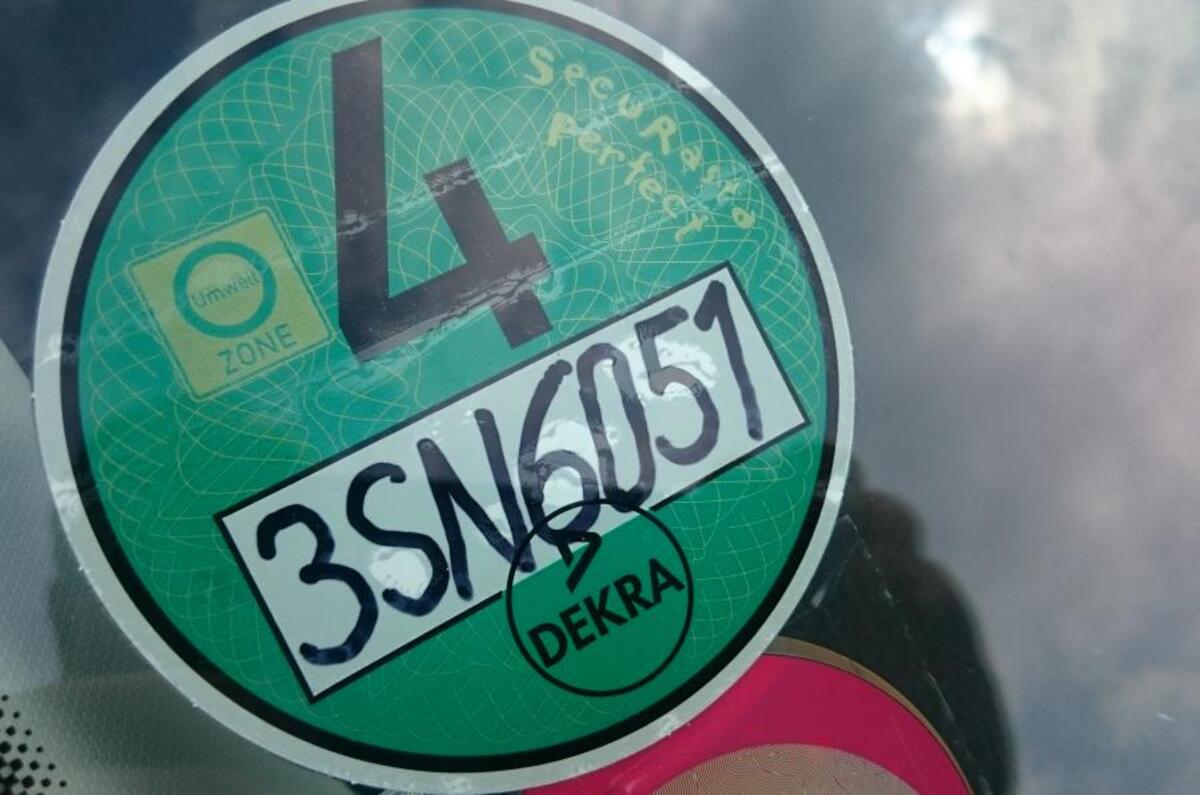German federal states have called for a ban on all petrol and diesel cars by the start of the year 2030, leaving only zero-emissions vehicles on the road.
A report by Spiegel Online says that all sixteen federal states have taken a vote confirming they want to ban petrol and diesel cars within 14 years, and that this would help to reach the up to 95% reduction in emissions agreed for 2050. However, it did not specify whether the proposed ban would take them off the roads, or simply halt their sales.
The German magazine also reported that despite a €1.2 billion (around £1.07bn) scheme to boost public interest in electrified vehicles, just 1800 drivers had registered interest. A €4000 (around £3594) grant is offered to those buying an electric car, and €3000 (around £2695) is offered to prospective plug-in hybrid buyers.
Germany aims to have 300,000 electric cars on the road by 2019, and half a million the following year. By 2030, it hopes to have six million electrified vehicles – hybrids and pure EVs – on its roads.
The states’ desire to be fossil fuel-free by 2030 was kickstarted by the deputy economy minister of Germany, Rainer Baake, who called for 100% of all new car registrations to be for emissions-free models by 2030.
Other countries have recently considered banning fossil-fuelled cars; Norway’s four main political parties are debating whether to ban petrol and diesel cars by 2025, as has the Netherlands. Paris has also banned all pre-1997 cars, and a ban on diesel cars in London has gained traction.
Manufacturers have also been turning their backs on petrol and diesel cars; Renault recently predicted the death of diesel models before 2020, especially in its smaller cars, while a group in the UK has called for diesel drivers to pay higher taxes than petrol drivers.




Join the debate
Add your comment
Ban On Petrol & Diesel Vehicles
Not to forget the overall carbon footprint...
Propaganda